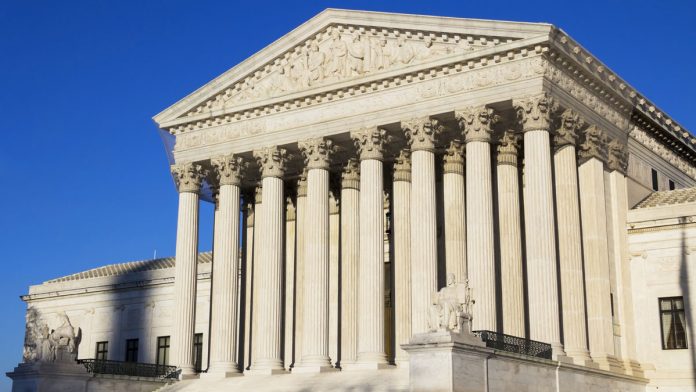Appeals Court Reaffirms Man’s Convictions For 2002 Crime
IL for www.theindianalawyer.com
Though a northern Indiana man convicted of multiple felonies 15 years ago was granted a new appeal by a federal judge, the Indiana Court of Appeals reaffirmed the man’s convictions on Friday, finding he failed to show he was prejudiced by his counsel’s actions.
In 2002, Anthony Wayne Barnett began going to Cynthia Bogard’s house to smoke crack and to have sex with other women at the house in exchange for drugs. Bogard eventually asked Barnett to stop coming over, but he ignored her requests.
Barnett and his wife, Tonya, were trying to reconcile around the same time, so Bogard called Tonya and asked her to help put a stop to Barnett’s behavior. The same day Bogard made the call, she found Barnett pounding on her door and screaming about how she had ruined his life with Tonya.
Barnett then began beating up Bogard and told her he had a gun in his car. He forced Bogard to call Tonya and recant, and after the phone call she escaped to a neighbor’s house. Bogard suffered a knot and bleeding on her head, several bruises and injuries caused by Barnett stomping on her with the heel of his shoe.
The state charged Barnett with Class C felony battery and later added a habitual offender count. The trial court held an initial hearing with respect to the habitual offender amendment, and Barnett, who appeared that day without his appointed counsel, did not object to the amendment.
The state then filed a second amendment five weeks after the omnibus date to add one count of Class A felony burglary resulting in bodily injury and one count of Class D felony intimidation, which were allowed over Barnett’s objections. A jury found Barnett guilty of burglary, battery and intimidation and found him to be a habitual offender, and he was sentenced to an aggregate 80 years executed. The Indiana Court of Appeals affirmed his convictions and sentence in 2004.
After the Indiana Supreme Court denied transfer, Barnett filed for post-conviction relief, alleging ineffective assistance of trial and appellate counsel. His petition was denied at both the trial and appellate court levels, so he filed for a writ of habeas corpus in the U.S. District Court for the Northern District of Indiana.
The district court initially denied the relief, but on remand granted conditional habeas relief on Barnett’s claim of ineffective assistance of appellate counsel for failing to raise a challenge to the timeliness of the second amended information. The district court’s order, which was handed down on June 1, 2015, held the state must either release Barnett or grant him leave to file a new direct appeal within 120 days.
The 120-day window passed without state action, so Barnett filed for immediate release. The state responded saying it misunderstood the conditional writ, so the district court granted an extension until Oct. 29, 2015. The state complied, and Barnett appealed in Anthony Wayne Barnett v. State of Indiana, 22A01-1510-CR-1742.
Barnett’s first argument on appeal was that the Indiana Court of Appeals was barred from hearing his new direct appeal and that a new trial was the proper remedy. He also argued he was not properly served notice of the new appeal and, thus, was denied due process.
But in a Friday opinion, Judge James Kirsch said such arguments amounted to impermissible collateral attacks on the district court’s order. Further, Barnett did not city to any authority to prove that the grant of a conditional writ was insufficient to satisfy the requirements of due process, so he waived that argument on appeal, Kirsch said.
Barnett also argued the trial court erred in allowing the state to amend the charging information a second time after the omnibus date. But the appellate court rejected that argument, as well, finding under Indiana Code section 35-34-1-5(b) (2007), information can be added before trial if it would not prejudice of the rights of the defendant. Here, Barnett failed to prove prejudice, the court said.
Finally, Kirsch wrote that Barnett’s trial counsel could have objected to the habitual offender enhancement at any time, including trial, and not just at the hearing for which counsel was absent. Thus, any waiver of Barnett’s challenge to the amendment was not solely attributable to his counsel’s absence, so he has not shown prejudice in that regard.





